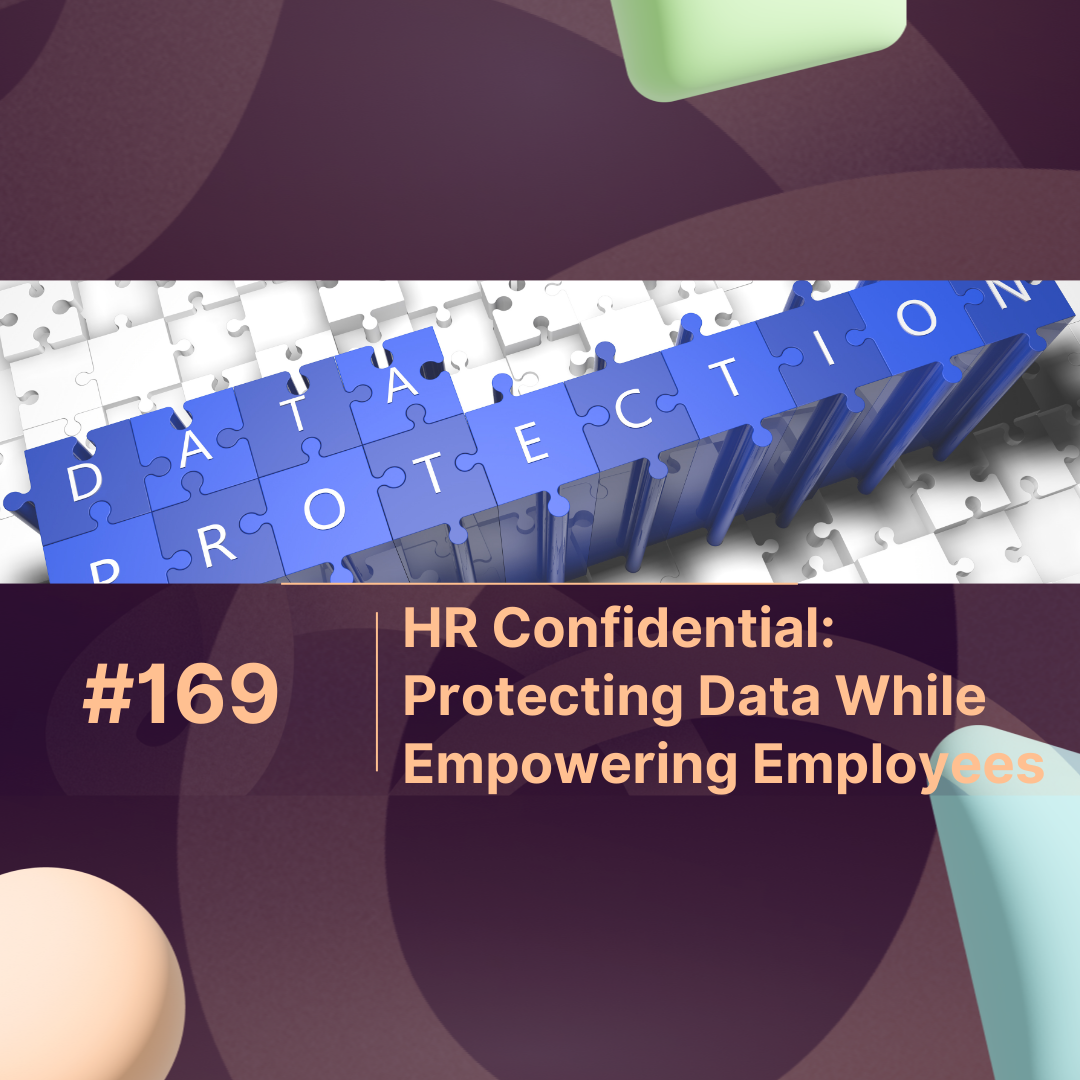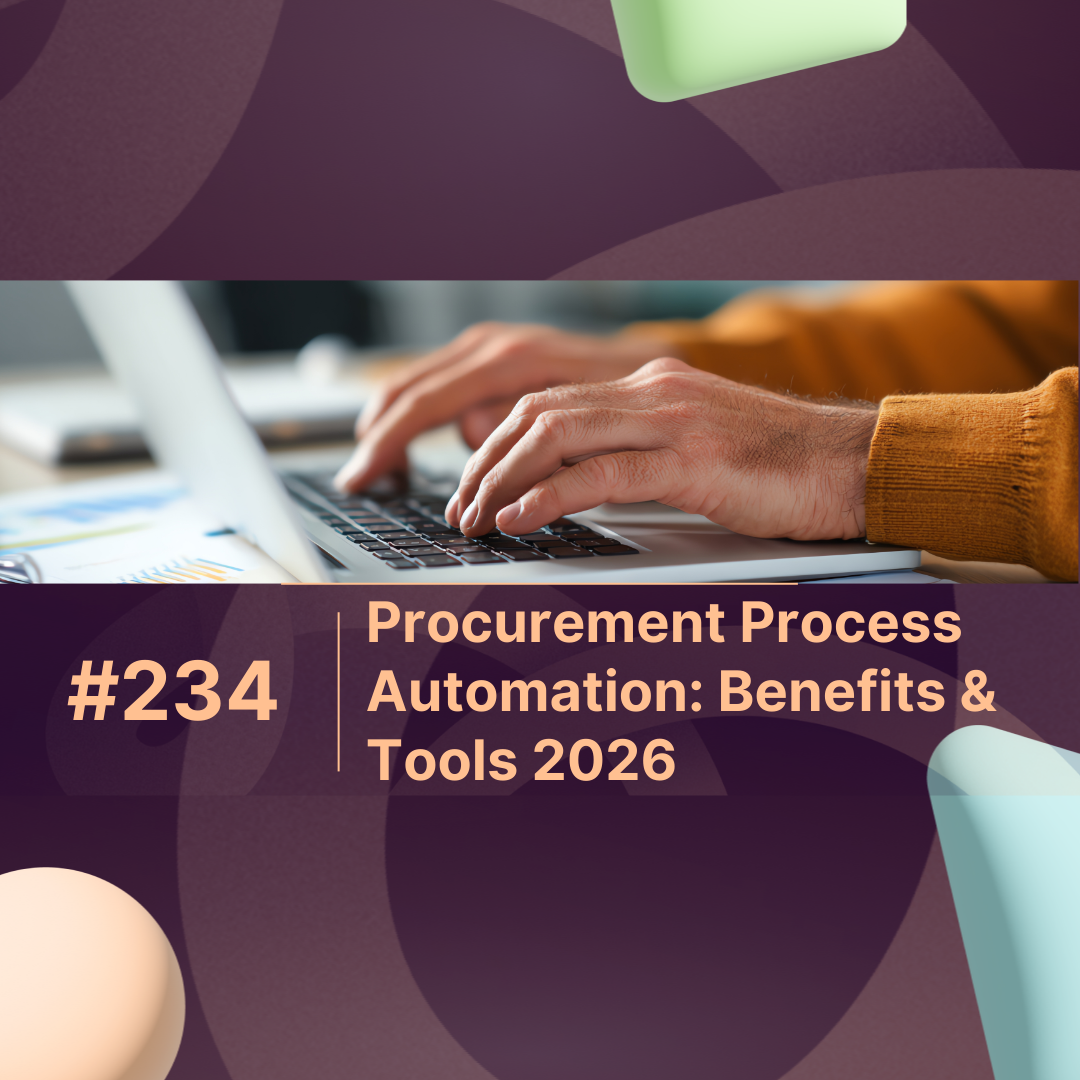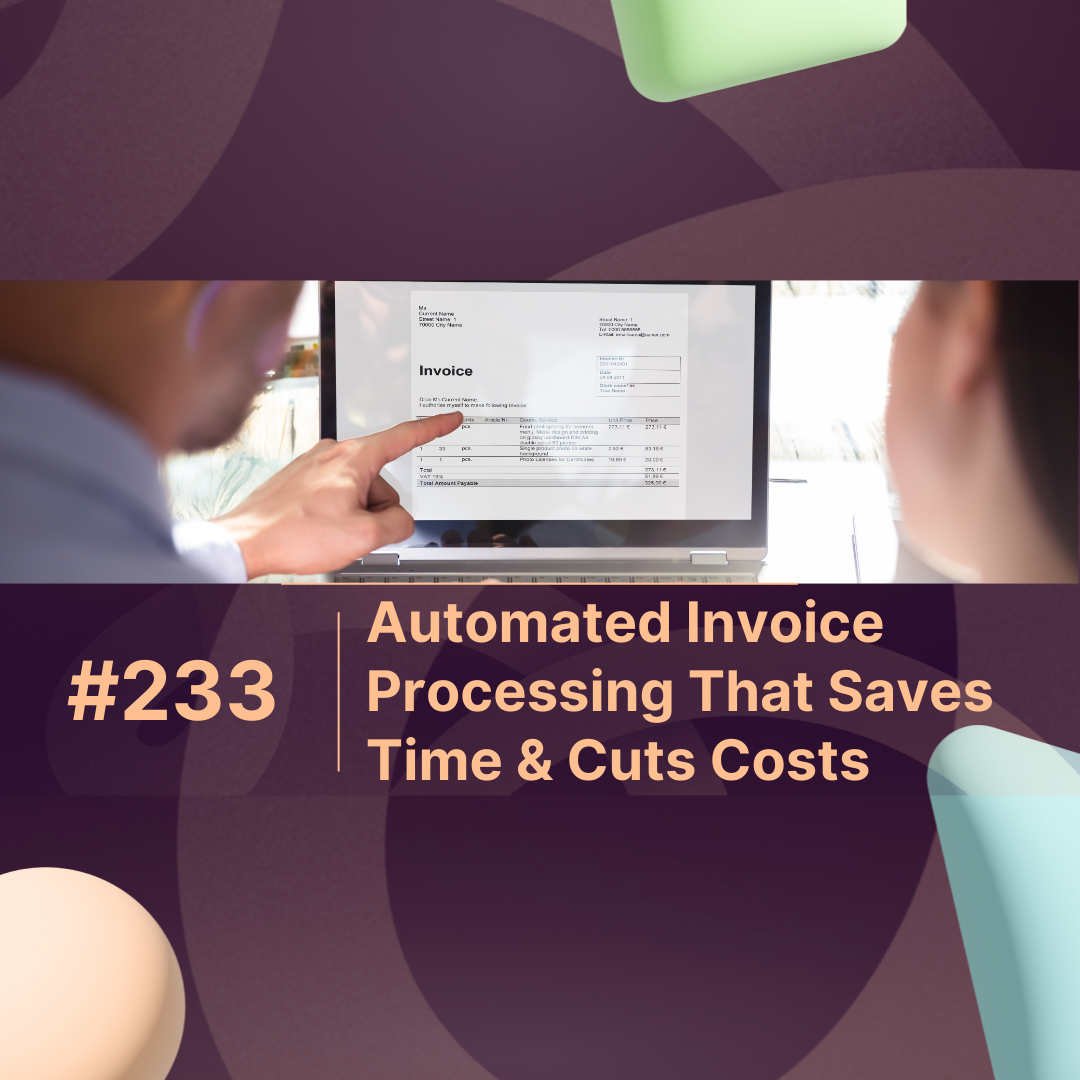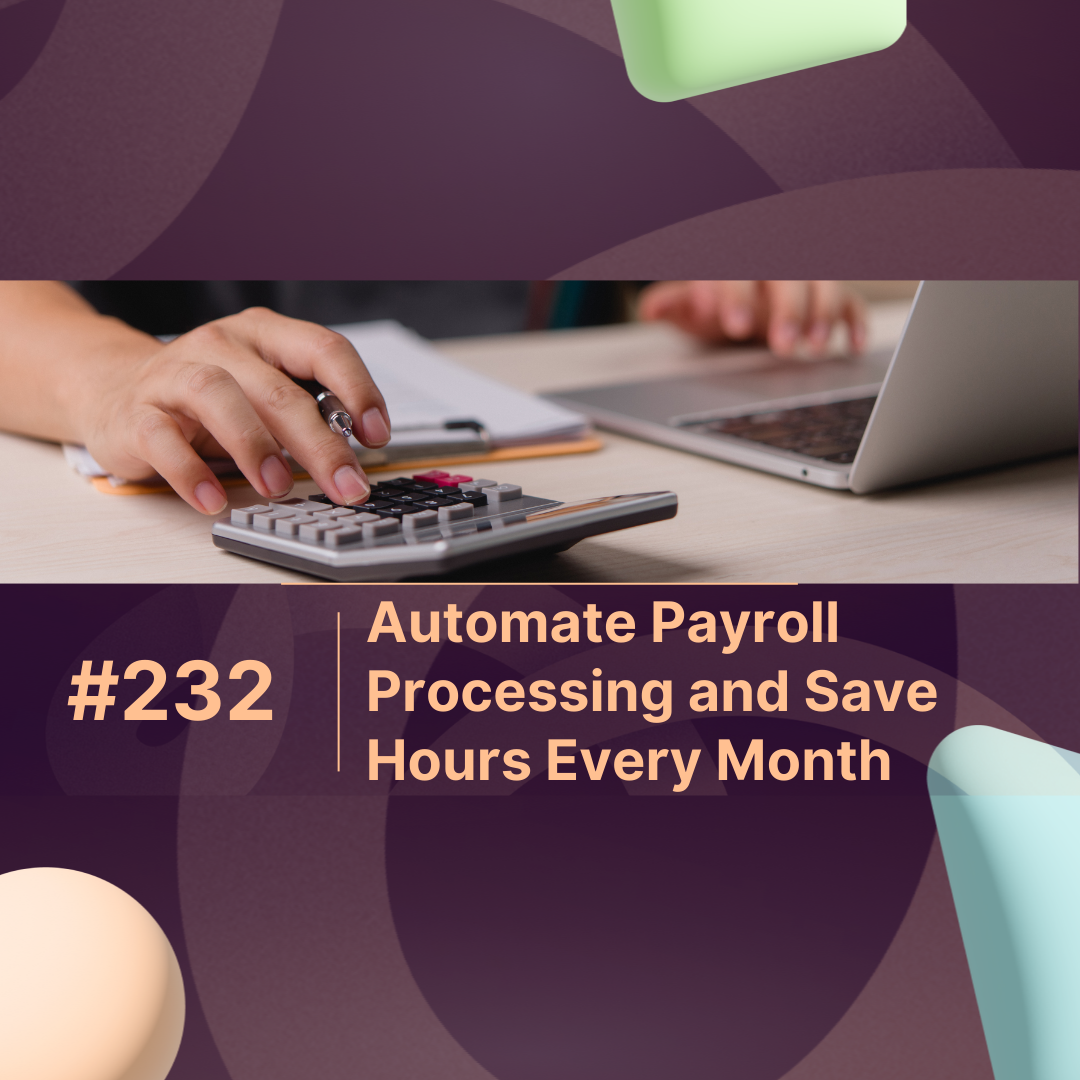Overview
In today’s digital workplace, HR Confidential practices are no longer optional—they are essential. Employees trust HR teams with sensitive personal information, from payroll and performance data to health records. At the same time, they expect transparency, self-service access, and tools that make their work lives easier. Balancing data protection with employee empowerment is the new HR challenge.
This article explores how to keep HR data secure, why “HR Confidential” matters for compliance and trust, and how modern HR solutions empower employees without compromising privacy.
Why “HR Confidential” Matters in 2025
HR departments handle highly sensitive data every day. A single leak can lead to financial penalties, reputational damage, and a loss of employee trust.
-
According to IBM’s Cost of a Data Breach Report 2024, the average data breach cost reached $4.88 million globally, the highest in history.
-
In the UAE and wider MENA region, compliance with labor laws and data protection regulations is now under greater scrutiny, making “HR Confidential” practices critical for business continuity.
Employees also want more control over their own HR information. Modern systems must be both secure and employee-friendly.
Key Elements of HR Confidential Practices
1. Data Security & Compliance
Strong encryption, role-based access controls, and GDPR/DPDP compliance are the backbone of HR confidentiality. Ensuring only authorized personnel can view sensitive employee data is non-negotiable.
2. Employee Self-Service
Surprisingly, empowering employees with self-service portals can increase confidentiality by reducing unnecessary HR touchpoints. When employees can update their own details, download payslips, or track leave, fewer people handle sensitive data.
3. Transparency & Trust
Confidentiality isn’t just about locking data away—it’s about building trust. Employees value knowing how their data is used, what protections are in place, and that HR teams respect their privacy.
4. Smart Technology
AI and cloud-based HR systems are transforming HR Confidential practices. Solutions like MaxHR integrate payroll, performance, and employee records into one secure system—cutting down risks of manual handling while giving employees controlled access to what they need.
Data Insights: Why Businesses Invest in HR Confidential
| Factor | Impact on Business | Numeric Insight |
|---|---|---|
| Cost of a single data breach | Financial & reputational damage | $4.88M (IBM 2024) |
| % of employees concerned about data use | Employee trust & retention | 71% (PwC Workforce Survey) |
| Time saved with self-service HR | Productivity boost | Up to 40% admin reduction (Gartner) |
| Compliance penalties (UAE) | Legal & financial risks | AED 50K–100K fines |
How HR Confidential Empowers Employees
When done right, HR Confidential isn’t about restricting access—it’s about giving employees the right access.
-
On-demand access: Employees can view payslips, benefits, or leave balances instantly.
-
Fewer bottlenecks: HR teams spend less time on repetitive requests.
-
Empowerment through clarity: Transparent policies reassure employees their data is handled with care.
For example, companies using platforms like MaxHR report better employee engagement because staff feel more in control of their information while knowing it’s protected.
Conclusion
HR Confidential is about more than compliance it’s about building trust. By protecting data while empowering employees, businesses can improve productivity, reduce risks, and strengthen workplace culture. The right HR technology, policies, and mindset create a future where both data security and employee empowerment thrive together.
FAQs: HR Confidential
1. What does HR Confidential mean?
HR Confidential refers to practices that ensure sensitive HR data (like payroll, performance, and personal records) is secure, private, and only accessible to authorized people, while still enabling employees to access their own information.
2. Why is HR Confidential important?
Because HR manages highly sensitive data, confidentiality protects employees from identity theft, ensures compliance with labor laws, and builds trust within the organization.
3. How can technology improve HR Confidential practices?
Cloud-based HR solutions like MaxHR use encryption, access controls, and employee self-service features to protect data while making HR processes faster and more transparent.
4. What risks exist if HR Confidential is not maintained?
Data breaches, compliance fines, reputational damage, and employee distrust. In some regions, fines can reach up to AED 100,000 for mishandling payroll or employee data.
5. How can employees be empowered without compromising HR Confidential?
Through self-service portals, transparent policies, secure mobile access, and clear communication about how data is stored and used. This gives employees control without sacrificing privacy.



